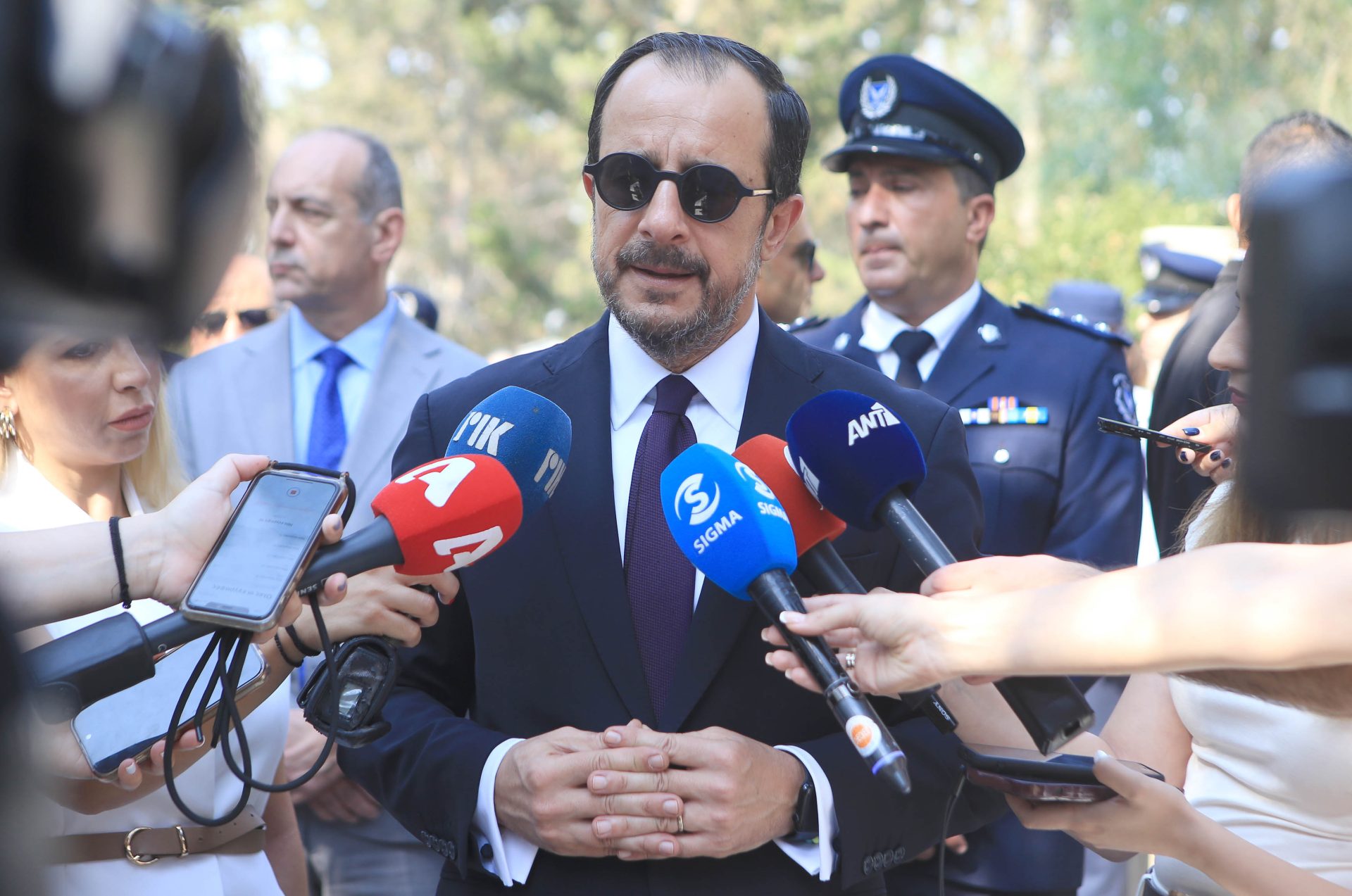President Nikos Christodoulides on Monday announced that he will be giving away his state pension to charity – while at the same time asserting that he is averse to going public with such actions.
In a statement, the office of the presidency said Christodoulides will from now on, and for the duration of his term, contribute his pension to charitable organisations that provide care for the elderly.
This regards the pension he has accumulated for his 18 years of service up until his retirement from the public sector for when he worked at the foreign ministry.
The amount comes to €730 a month, the statement added.
Christodoulides had already contacted the six beneficiary organisations selected to receive his pension over the next year.
They are two facilities in the Nicosia district, and one each in the Limassol, Larnaca, Famagusta and Paphos districts.
The president said he is making use of the law passed recently giving state officials, who also draw a pension, the option to waive their pension for as long as they serve.
“For every year, from September to September, and for as long as he holds the office of the president, President Christodoulides will provide various institutions with this monthly compensation, which comes to €730.”
The statement added: “Although President Christodoulides, out of personal conviction, does not agree with, nor pursue, the publicisation of such charitable actions, which are best kept away from the public light, in this case because it has been the subject of public debate, he has deemed it appropriate to from now on inform about these actions, which have always been part of his personal and family track record.”
The relevant pension waiver law was enacted in early July just before the House broke for the summer recess.
Christodoulides has faced stinging criticism for drawing a pension while earning a salary as president, and for not having waived his pension as other state officials had done.
In the past, state officials who wanted to waive receiving their pension for as long as they were serving in their post did so through a straightforward process – they simply sent a letter to the treasury informing it of their intention to ‘gift’ their pension either to the state or to a charitable organisation.
This was not provided for by any law or regulation.
In late July, daily Politis reported that back when it censured Christodoulides for the fact he did not feel the need to waive his pension, the government spokesman had said that no such waiver procedure previously existed – whereas it did exist.
Speaking to a television channel last September, government spokesman Konstantinos Letymbiotis said that a relevant legislation had to be enacted before state officials could waive their pension.
Clearly that was false, said Politis.
Christodoulides is among the 30 or so officials who continue to receive a salary plus a pension. According to data published by the treasury, his monthly net salary comes to €9,016.
And once he reaches the age of 58 – he is now 51 – he will become eligible to receive an additional €300 in pension benefits for his service from January 2013 through to February 28, 2018 when he retired from the public sector.






Click here to change your cookie preferences